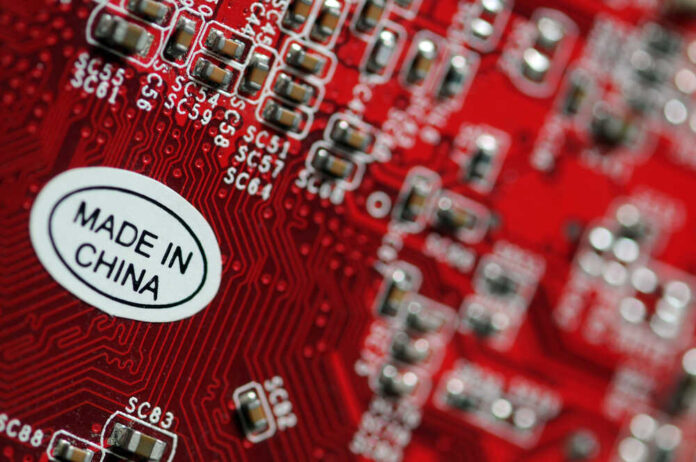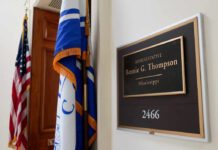
A Thursday report from a security think tank has revealed that China currently has a “stunning lead” over the United States in critical and emerging technologies.
The U.S. and other Western democracies have reportedly lost a global competition for research output, as the report from the Australian Strategic Policy Institute (ASPI) revealed that China leads in 37 out of 44 critical and emerging technologies. These 44 technologies included defense, space, energy, the environment, biotechnology, robotics, artificial intelligence (AI), advanced materials and quantum technology.
After tracking all of these areas of expertise, the ASPI announced that its study had concluded that in some fields, all the world’s top 10 research institutions are based in communist China.
The ASPI study was funded by the U.S. State Department, though it didn’t produce the results that the U.S. may have wanted.
The report concluded that the U.S. was often ranked second in these areas. However, the U.S. does lead global research in high-performance computing, quantum computing, small satellites and vaccines.
“Western democracies are losing the global technological competition, including the race for scientific and research breakthroughs,” the report read, urging governments to increase research investment.
The report, which concluded that China has established a “stunning lead in high-impact research” under government programs, advocated for democratic nations to work together more often to create secure supply chains and “rapidly pursue a strategic critical technology step-up.”
The security think tank went on to note that it had tracked the most-cited scientific papers, arguing that these are the most likely to result in patents.
“Over the past five years, China generated 48.49% of the world’s high-impact research papers into advanced aircraft engines, including hypersonics, and it hosts seven of the world’s top 10 research institutions,” the report read.
The report finds 'Chinese researchers generated more than 48% of the high-impact research papers on advanced aircraft engines, including hypersonics, and China is home to seven of the world’s top 10 research institutions focused on such study'
Read more: https://t.co/JCTKauR2x9
— ASPI (@ASPI_org) March 2, 2023
ASPI also pointed out that China’s research strength in the fields of photonic sensors and quantum communication may lead to the communist country “going dark” to surveillance from western intelligence — including the “Five Eyes” countries: the U.S., Britain, Canada, Australia and New Zealand.
The report also tracked the natural talent flows of researchers and identified monopoly risks — revealing that China was likely to hold a monopoly in ten fields. These areas included synthetic biology, where the communist country produces one-third of all research, along with electric batteries, 5G, and nano manufacturing.
In most of the 44 technologies tracked by ASPI, the government-run Chinese Academy of Sciences ranked first or second.
Meanwhile, China has been repeatedly accused of theft of intellectual property — as the communist country has a penchant for sending its spies into countries including the U.S. to work at top institutions.
The report essentially confirms this, noting that one-fifth of top Chinese researchers were trained in a “Five Eyes” country.
ASPI’s study went on to recommend that visa screening programs be implemented in an effort to limit illegal technology transfers, noting that countries should instead favor international collaboration with security allies.




























